Navigating Florida’s rental housing market in 2025 means grappling with new laws, evolving economic forces, and city-to-city variations that can feel overwhelming both for tenants and landlords. Whether you live in Miami, Orlando, Tampa, Jacksonville, or a smaller community, understanding your rights around rent increases is crucial for peace of mind and smart planning. This guide breaks down everything renters need to know for the year ahead.
Introduction: The Changing Face of Florida Rent
In 2025, Florida’s rental landscape is experiencing a moment of transformation. After years of rapid growth (with rents surging over 35% in cities like Miami between 2020 and 2022), a shift is occurring. While some cities are witnessing falling rents and rising vacancies, others remain hotbeds of competition and upward price pressure. The Sunshine State’s population continues to swell, demand for rentals ebbs and flows, and new laws are reshaping the ground rules for everybody involved.
Overview of Rent Increase Laws in Florida 2025
Florida is considered a “landlord-friendly” state. That means most rent regulations favor the rights of property owners to freely set and change prices. As of 2025, Florida does not have rent control statewide. Unlike states such as New York or California, there is no cap or legal maximum on rent increases for market-rate properties in most circumstances.
Landlords are generally free to:
-
Increase rent by any amount at the end of a lease term
-
Set new rent prices at lease renewal
-
Raise rent on month-to-month agreements with proper notice
Recent Legal Updates: What’s New in 2025?
2025 brings some key changes that tenants should be aware of:
Stricter Rules for Affordable Housing Units
-
New legislation prohibits certain landlords from raising rent during the term of a lease if the unit qualifies as affordable housing and the landlord has received federal, state, or local assistance or tax incentives for keeping it affordable.
-
This protection applies only to the current lease term and does not prevent rent hikes at renewal.
-
Exceptions are allowed if required by federal law or regulations.
Increased Notice Periods
-
Month-to-month tenants now must receive at least 30 days’ written notice of a rent increase or non-renewal.
-
For lease renewals on standard residential leases, landlords must generally provide between 30–60 days’ notice, depending on lease specifics and county regulations.
How Much Can Landlords Raise Rent?
There is no limit on the amount. Florida landlords can raise the rent by any percentage or flat amount, so long as proper notice is provided and there is no discrimination or retaliation involved.
-
This applies to apartments, single-family homes, townhouses, and most other rental units.
-
The only exceptions are for certain subsidized affordable housing projects, where interim increases may be restricted by law or funding agreements.
Notice Requirements for Rent Increases
Notice rules differ based on lease type and location:
-
Month-to-Month Tenancy: Landlords must give at least 30 days’ written notice before a rent increase can take effect.
-
Annual or Fixed-Term Leases: No rent changes may be made during the fixed term. Increases can be implemented upon renewal, with landlords typically giving 30–60 days’ notice, depending on city/county code or the lease agreement itself.
-
Special Local Rules: For example, in Miami-Dade County, landlords seeking to raise rent by more than 5% must provide at least 60 days’ notice.
All notices must be in writing and either hand-delivered or sent by mail.
Affordable Housing Protections
Starting July 1, 2025, affordable housing units whose landlords receive certain government incentives are shielded from rent increases during their lease. These units:
-
Must meet the state’s legal definition of “affordable” housing.
-
Protect tenants for the duration of the lease only (renewals may bring increases).
-
May only see interim increases if required by law.
The aim: To prevent price shocks for vulnerable low- or moderate-income tenants and preserve housing stability during their lease term.
City-by-City: Rent Trends and Market Realities
Florida is a patchwork of rental markets, each responding to local economic, supply, and demand pressures.
Miami
-
Median rent in May 2025: $3,000 (down 6.2% from 2024).
-
Vacancy rate: 7.8% (rising due to new apartment construction).
-
After skyrocketing rents post-pandemic, Miami is now seeing modest declines as supply catches up.
Tampa
-
Average rent in 2025: $2,100 (a 5% decrease from last year).
-
Vacancy rate: 6.5%.
-
Stable market—with renewal rent hikes between 3% and 5%—reflecting normalization after unprecedented growth.
Orlando
-
Median rent: $2,000 (down 4.3% from previous year).
-
Vacancy rate: 6.2%.
-
Competition among new developments has softened rent increases.
Jacksonville
-
Rents remain steadier, with increased construction and more moderate year-over-year changes.
Cities with Rent Increases
-
Hollywood, Fort Lauderdale, and West Palm Beach have seen rent rise by 2–6% over the last year, primarily due to low vacancy rates on the Atlantic coast.
-
Port St. Lucie: Rents up 5.7% in 2025, tied to regional demand.
Cities with Rent Declines
-
Gulf Coast cities like Naples, Sarasota, Fort Myers, and Cape Coral are seeing rents drop as vacancy rates increase.
Statewide Stats
-
Median rent statewide: $2,090 in May 2025.
-
Statewide vacancy rate: 6.9%; a sign of growing options and easing pressure.
-
Florida’s median gross rent jumped 39% from 2019 to 2023, though 2025 trends show cooling in many areas.
Tips for Tenants Facing Rent Increases
-
Read Your Lease Carefully: Some may include specific terms about notice and allowable rent increases.
-
Track Written Notices: Rent increases must always be in writing. Oral notice isn’t valid.
-
Negotiate Early: If you see a rent increase coming, communicate with your landlord. Sometimes long-term tenants may negotiate smaller increases or other lease perks.
-
Research Comparable Rents: Know the local going rates. If the proposed increase feels excessive, gather local market data to make your case.
-
Explore Legal Aid: If you suspect discrimination, retaliation, or an illegal rent increase (such as during a protected lease term), seek help from a legal clinic, nonprofit, or your local housing office.
What If I Think My Rent Is Unfair?
-
No statewide rent cap means most disputes are about notice, discrimination, or affordability—not strict illegality.
-
In subsidized or affordable units, improper mid-lease increases can be challenged.
-
Tenants can file complaints with the Florida Department of Agriculture & Consumer Services, local housing offices, or, in rare cases, the courts.
-
Discriminatory or retaliatory rent increases (e.g., because you filed a complaint or belong to a protected class) are unlawful.
Preparing for the Future
Florida’s rental laws and market trends are always evolving. While 2025 brings some additional protections for affordable housing and sets clearer, longer notice periods, the fundamental character of the Florida rental market remains: free-market driven, responsive to supply and demand, and often challenging for tenants seeking predictability.
With thousands of new units hitting the market, increased vacancy rates, and some areas seeing their first rent declines in years, tenants may find more negotiating power—while still needing to stay sharp about their rights and market conditions.
Frequently Asked Questions
Q: Can my landlord raise the rent whenever they want?
A: Not during a fixed-term lease. For month-to-month tenancies or at the end of your lease, your landlord must provide at least 30 days’ notice (or more, depending on your city/county).
Q: Are there any cities in Florida with rent control?
A: No, rent control is prohibited statewide except in the rarest emergency cases, with extreme procedural hurdles.
Q: What if I live in affordable housing?
A: If the property is classified as affordable and the landlord receives certain public subsidies, your rent cannot be raised in the middle of a lease.
Q: How can I protect myself from big rent increases?
A: Sign longer leases, negotiate terms up front, stay informed about local market rates, consider legal aid if you face discrimination or illegal actions.
Q: Is there a maximum limit for rent increases in Florida?
A: No, there is no statutory cap for standard, non-subsidized rentals.
Florida’s rental market in 2025 remains a complicated terrain, but understanding the latest laws, trends, and your rights as a tenant can go a long way toward protecting your home—and your finances—in the months and years ahead.

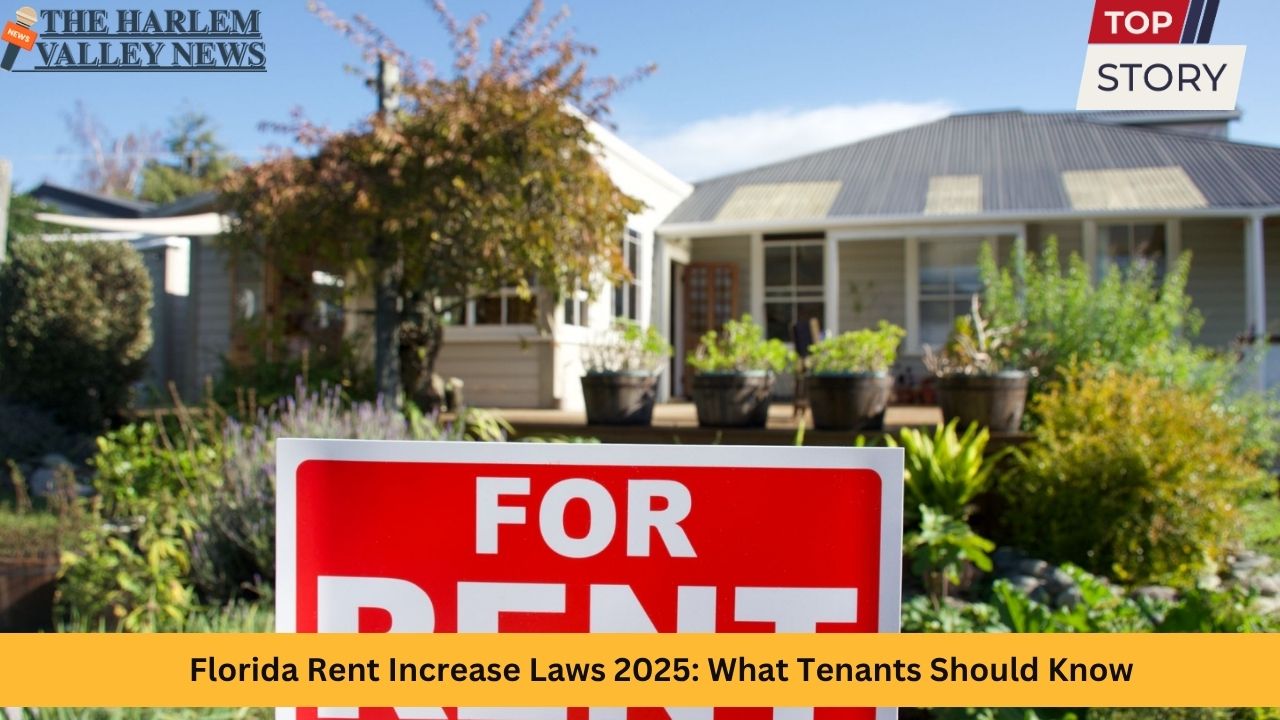

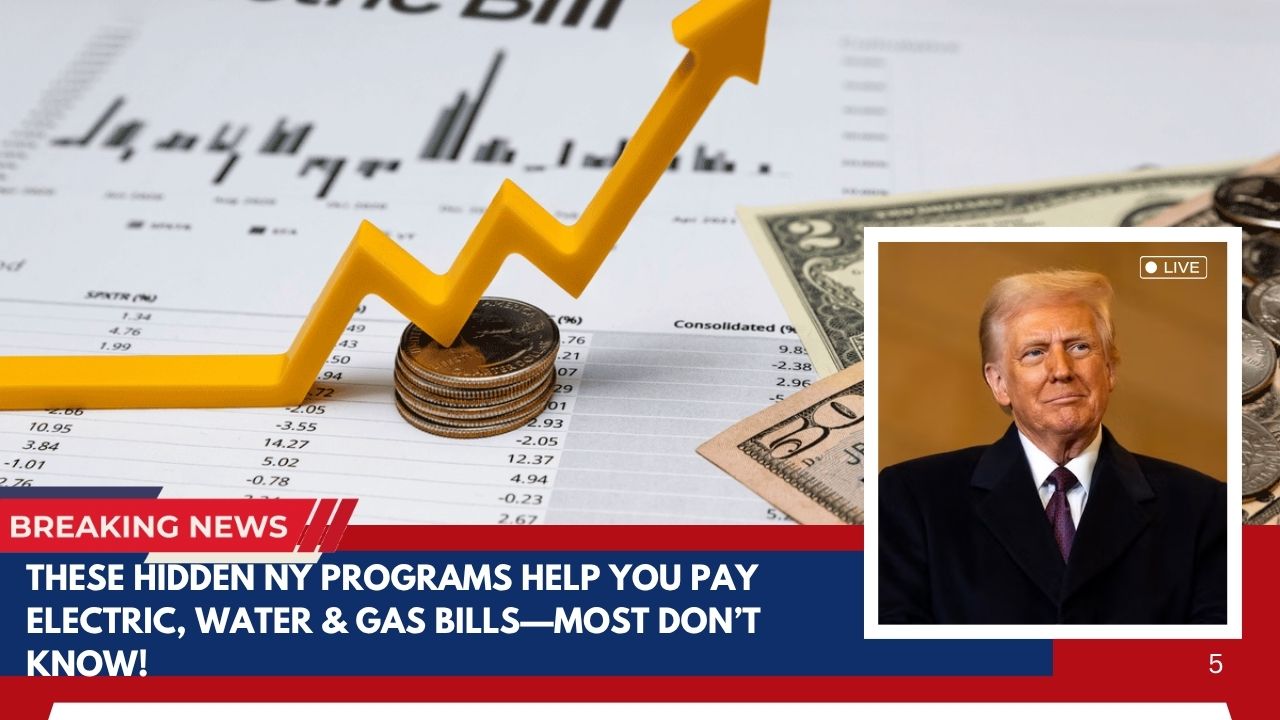





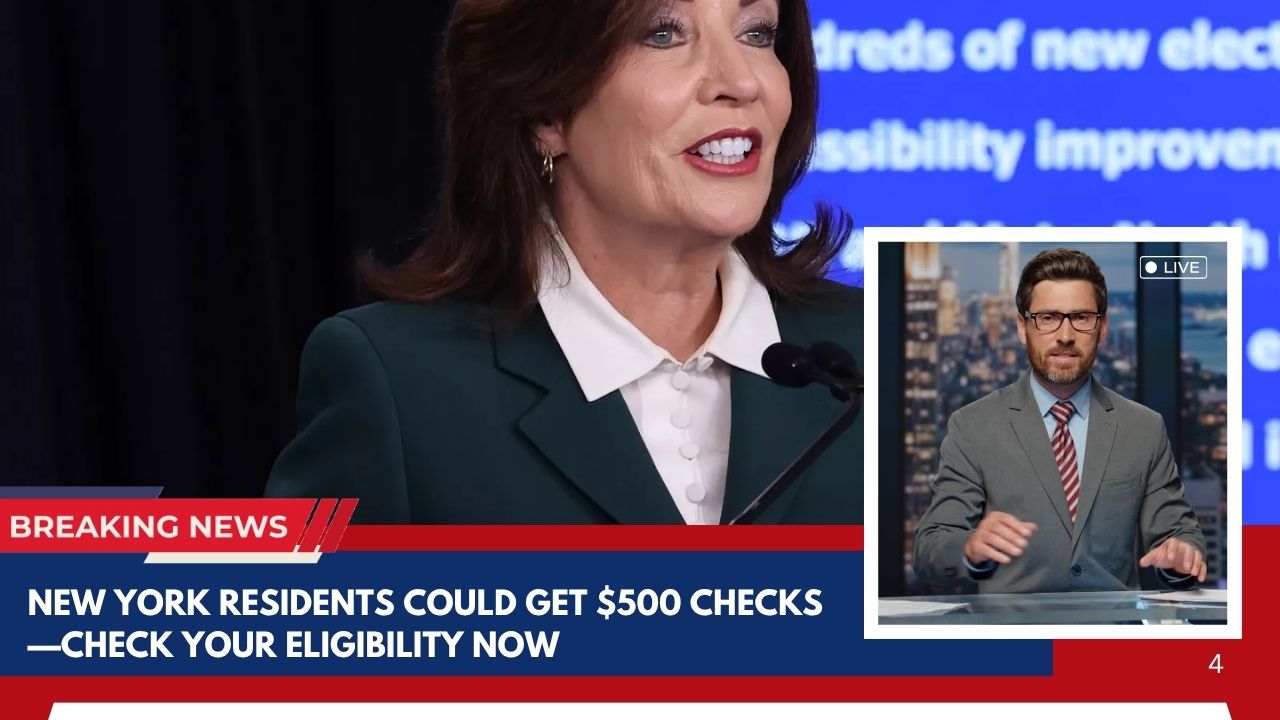
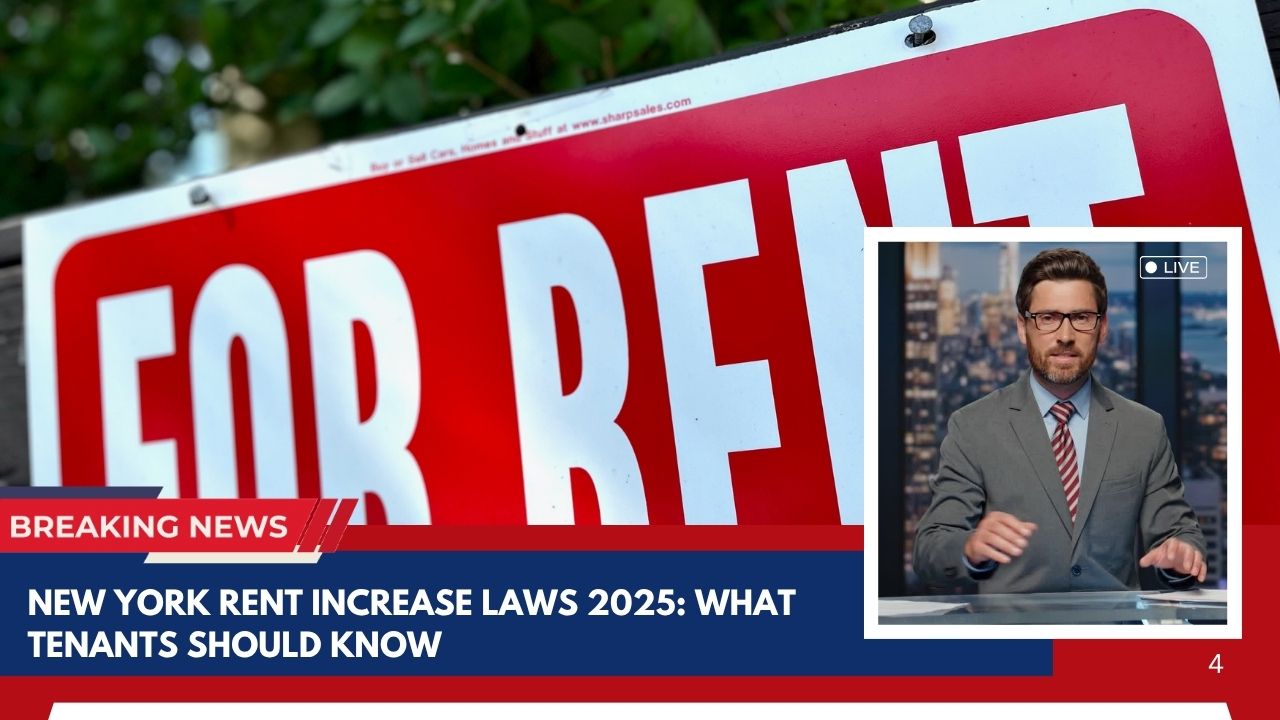


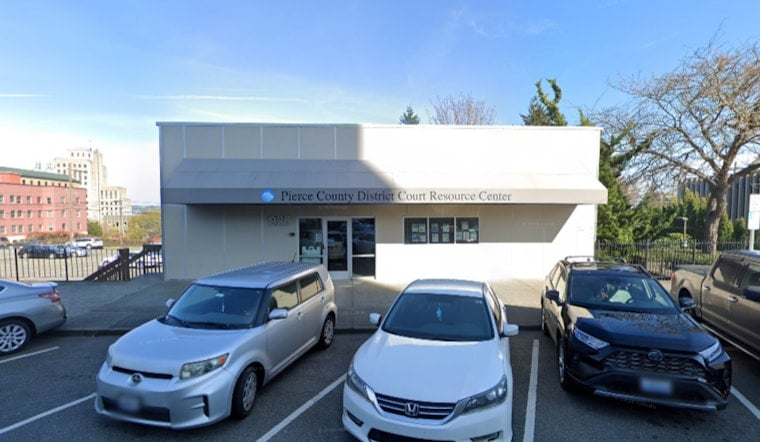


Leave a Reply